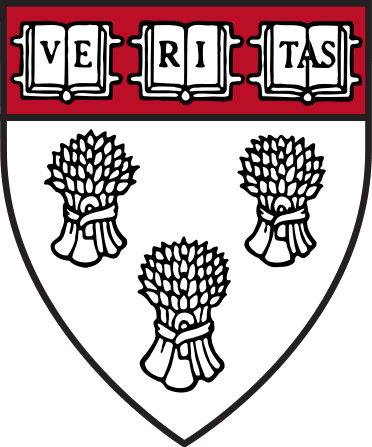Defending Judicial Elitism
 In this morning’s Washington Post, UC-Berkley Law School Dean Christopher Edley says that we just need to accept the dominance of Harvard and Yale graduates on the nation’s highest Court:
In this morning’s Washington Post, UC-Berkley Law School Dean Christopher Edley says that we just need to accept the dominance of Harvard and Yale graduates on the nation’s highest Court:
If Elena Kagan is confirmed, we will have an entire Supreme Court educated at Harvard and Yale law schools, demonstrating again the grip that academic elites have on the levers of power. Some worry this homogeneity is too anti-democratic, even for our most anti-democratic of institutions. I don’t hear a claim that even knuckleheads deserve a spot on the court, but surely some brilliant possibilities attended, say, Berkeley? Or Tulane?
In confirmation battles, populist cred is at war with elitist credentials. Our political culture values a common touch, but our legal culture values uncommon smarts. Supreme Court nominations are a shotgun marriage of the two, but it should not be a marriage of equals.
For a court nominee or a political candidate, there are communications strategies to finesse a blinding résumé. If you want to explain to the public why you support a nerdy nominee (embrace it, Elena), you may want to talk about her Average Jane swellness. A senator walks out with the newest pick and grins into the cameras saying: “This is a fine person. Very likable. Loves fishing.” Translation: “Pretty darned smart, but she seems human (enough), so don’t hate me if I decide to support her.”
(…)
[L]egal culture is different. We’re enforcing the Constitution and preserving fundamental rights, for goodness sake. Federal judges, unlike those in most states, are well insulated from politics because they are appointed for life and never face election. Though political concerns do intrude — the people who nominate and confirm judges are politicians who worry about political consequences, after all — we hope that’s not the only thing the politicians think about.
At the Supreme Court level, it’s all about finding oracles for Olympus. While it’s frowned upon when judges fire spitballs at colleagues, what matters is intellectual horsepower, not office-chat charm. It is wisdom and analysis, not personal experiences. If a judge’s life is elite in the sense of excellence, that’s fine. In fact, that may be the point. At every turn the nominee has excelled in a meritocratic system, one that is selective yet far more open than in generations past. But if a judge is elite in an exclusive and exclusionary sense, then we have a problem that’s both political and jurisprudential.
The case that Edley never makes, though, is why graduates of two schools located only about two hours away from each other are somehow better suited to fulfill this role at the highest levels than say graduates of Stanford, Columbia, the University of Michigan, or Edley’s own Berkley, all of whom are ranked in the top ten among American Law Schools.
The selection bias toward Harvard and Yale isn’t hard to understand once you realize that every single President in the last twenty years was a graduate of either Harvard or Yale at either the undergraduate or graduate level. Whether that’s a good thing is something I’ll leave to others to contemplate.
The importance of credentialing grows with the use of presidential criteria of dubious value: youth and lack of paper trail in particular, but also race, creed and gender.
“(W)hat matters is intellectual horsepower … It is wisdom and analysis, not personal experiences. If a judge’s life is elite in the sense of excellence, that’s fine. … At every turn the nominee has excelled in a meritocratic system.”
In the academic world the faculty would be a blend of talent from many programs. Many institutions have the policy to not immediately hire their own to avoid homogeneity.
This heterogeneity makes sense. In our present appointment system, one which values diverse representation in every other way, the diversity of the scholar aspect of a justice seems overlooked.
Snort.
Double snort.
Dean Edley needs to get out more. If this is the kind of thinking his insularity leads him to defend, then perhaps elitism has run its course. Meritocracy and elitism are not necessarily synonyms.
The fact that sall of our presidents from the last two decades went to Harvard or Yale is one more reason to elect Sarah Palin. She’ll bring the experience of flunking out of five or six community colleges, junior colleges and ag schools to the White House!